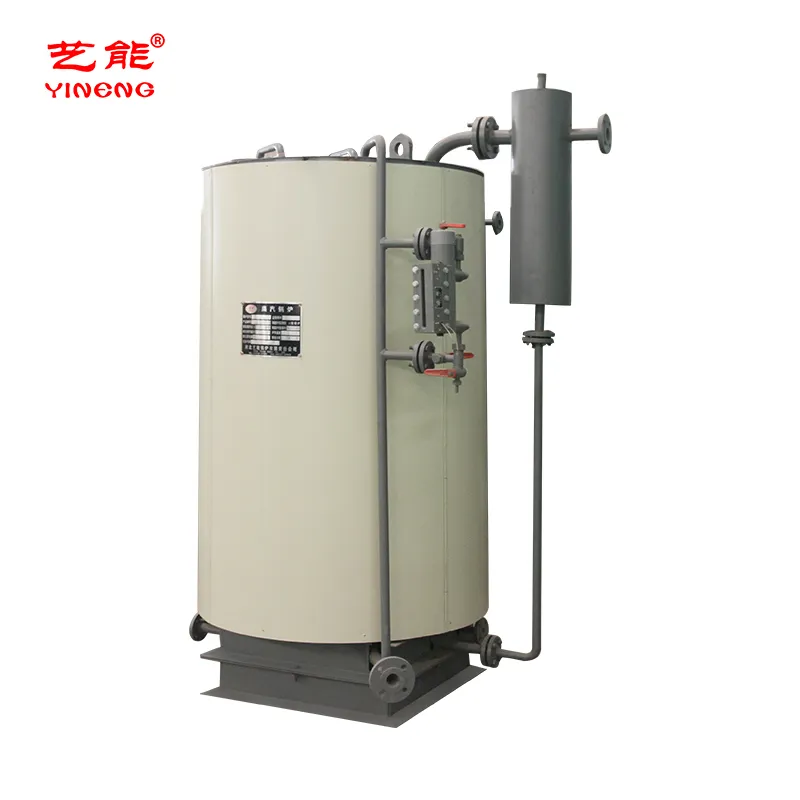ce certification industrial boiler contractors
Understanding CE Certification for Industrial Boiler Contractors
In the realm of industrial manufacturing, safety and compliance are paramount. One crucial aspect of ensuring these standards is obtaining CE certification for products, including industrial boilers. This certification not only bolsters safety but also enhances the operational credibility of contractors in the boiler industry. This article aims to clarify the significance of CE certification for industrial boiler contractors, detailing its requirements and implications.
What is CE Certification?
CE stands for Conformité Européenne, which translates to European Conformity. It signifies that a product complies with the essential requirements of relevant European directives. CE marking indicates that a manufacturer has assessed their product and confirmed its conformity with European Union (EU) legislation. For industrial boiler contractors, obtaining CE certification is not just a regulatory formality; it demonstrates their commitment to quality, safety, and environmental sustainability.
Importance of CE Certification for Industrial Boilers
1. Safety Assurance The primary advantage of CE certification is the assurance of safety. Industrial boilers are often used in high-pressure and high-temperature environments, where failures can lead to catastrophic consequences. CE certification signifies that the boiler has met rigorous safety standards, providing peace of mind for both contractors and end-users.
2. Market Access CE marking is a prerequisite for marketing and selling products in the European Economic Area (EEA). Contractors wishing to operate within this market must comply with CE requirements, making it essential for those looking to expand their business in Europe.
3. Quality Assurance The process of obtaining CE certification involves thorough testing and quality checks. This not only ensures compliance with legal standards but also enhances the overall quality of the products manufactured. Contractors with CE-certified boilers are often viewed as more reliable and trustworthy by clients.
4. Environmental Compliance Many directives associated with CE marking include stringent environmental standards. By following these guidelines, contractors contribute to sustainability efforts and reduce the environmental impact of industrial processes.
Steps to Obtain CE Certification
The path to CE certification can be intricate, involving several essential steps for industrial boiler contractors
ce certification industrial boiler contractors

1. Identify Applicable Directives Contractors must determine which EU directives apply to their boilers. The Pressure Equipment Directive (PED) is one of the key regulations governing industrial boilers.
2. Product Testing and Assessment The boilers must undergo testing to ensure compliance with identified standards. This may involve both internal checks and external assessments by notified bodies.
3. Compile Technical Documentation Comprehensive technical documentation that demonstrates conformity must be compiled. This includes design calculations, risk assessments, and test results.
4. Affix the CE Mark Once conformity is achieved and documentation is ready, contractors can affix the CE marking to their product, which indicates compliance to customers and regulatory authorities.
5. Maintain Compliance CE certification is not a one-time process. Contractors must continuously ensure that their products meet the necessary standards and stay updated with any changes in regulations.
The Role of Contractors in the CE Certification Process
Industrial boiler contractors are critical players in the CE certification process. They must understand the regulatory landscape and ensure their products are designed and manufactured in compliance with these standards. This often involves regular training and updates about the latest regulatory changes to remain competitive.
Conclusion
CE certification serves as a vital component for industrial boiler contractors operating in the EU market. It not only enhances safety and quality assurance but also opens up market accessibility and promotes environmental responsibility. As industries evolve, staying compliant with CE standards will be crucial for contractors keen on establishing a reputable presence in the global market. Embracing this certification is not just about compliance; it’s a commitment to excellence in safety and sustainability that ultimately benefits both contractors and their clients.
In a competitive industry, understanding and prioritizing CE certification can set contractors apart and ensure they meet the high standards expected by modern consumers and regulatory authorities alike.
-
Top Electric Steam Boiler Manufacturers - High Efficiency SolutionsNewsJul.30,2025
-
Top Electric Steam Boiler Manufacturers – Efficient Industrial SolutionsNewsJul.29,2025
-
Top Electric Steam Boiler Manufacturers | Reliable Industrial SolutionsNewsJul.29,2025
-
OEM Steam Boiler Solutions for Custom Needs | High Efficiency & VersatilityNewsJul.29,2025
-
High-Efficiency Thermal Oil Boiler for Industrial Heating SolutionsNewsJul.29,2025
-
Top Electric Steam Boiler Manufacturers for Industrial EfficiencyNewsJul.28,2025

